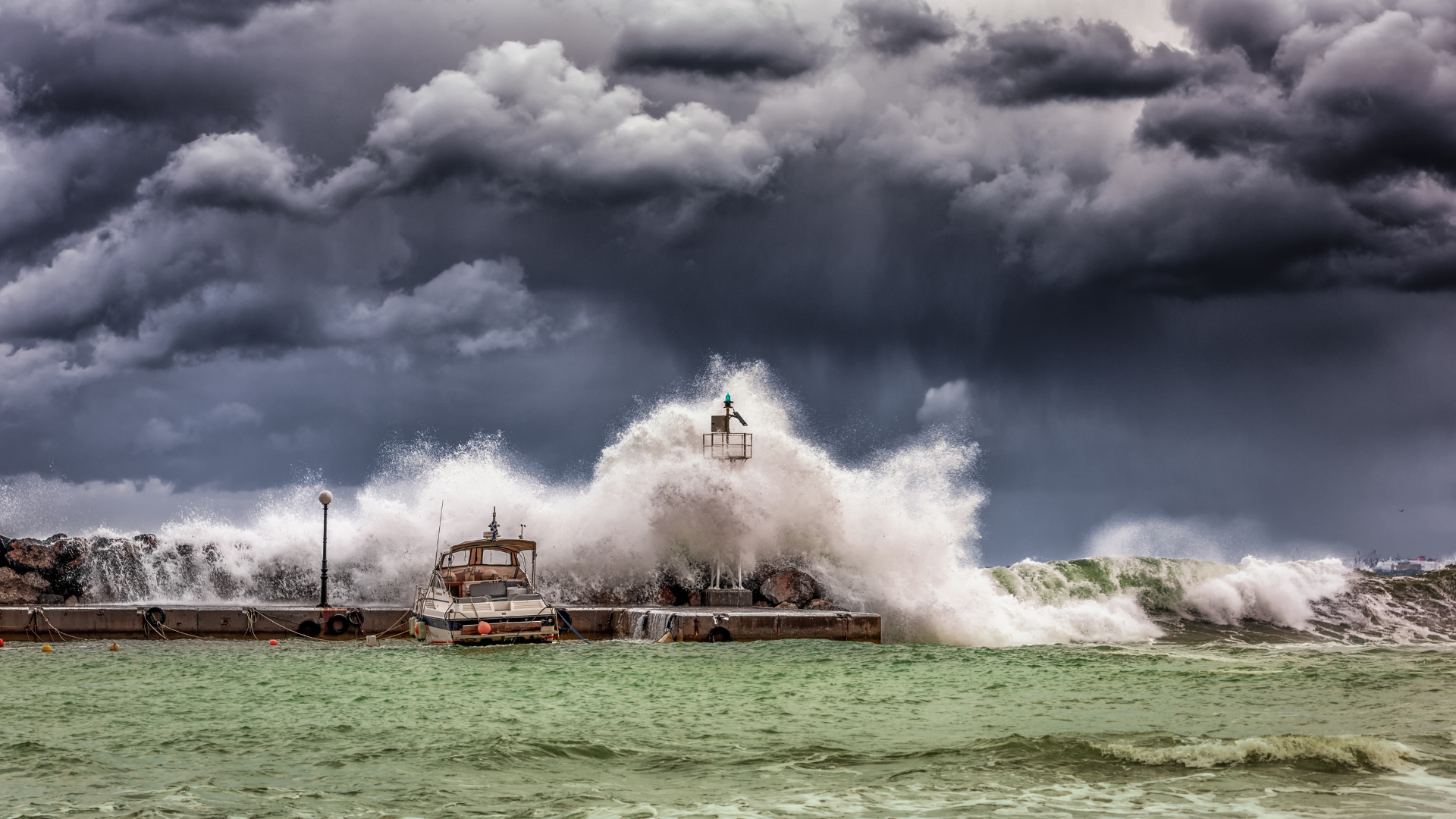Adapting to climate change in Canadian coastal areas: a new framework based on artificial intelligence

Grant for early career professors - 2024
Description
Canadian coastal communities face growing threats from climate change, such as more extreme storms and rising sea levels. These phenomena jeopardize the safety of populations and infrastructure, while municipalities lack the tools to effectively manage these risks. There is an urgent need to adopt integrated strategies to ensure the resilience and sustainability of these regions.
Objectives
- Calculate flood risks for targeted regions under different climate scenarios.
- Develop advanced simulation models combining artificial intelligence, synthetic storms, and geographic information systems (GIS).
- Validate the results with actual data from hurricanes Dorian and Fiona in vulnerable areas such as the Magdalen Islands and Halifax.
Proposed adaptations:
- Integrate protective infrastructure: artificial dunes, protective walls, seawalls.
- Use a dual-objective optimization model to minimize risk while reducing costs.
- Apply reinforcement learning and predictive control techniques to identify the most effective and environmentally friendly solutions.
This project will provide coastal communities with practical and innovative tools to better adapt to climate challenges and strengthen their resilience.
Related projects
On going
Critical Infrastructure Supply and Resilience
Life cycle assessment
Circular economy
Energy efficiency
Architecture and urban planning
Energy and telecommunication infrastructure
Learn more →
On going
Integrated assessment of wave energy technology for renewable energy and coastal protection in the Magdalen Islands
Relationship Between City and Population
Coastal erosion
Energy and telecommunication infrastructure
Learn more →
Don’t just coexist with climate change.
